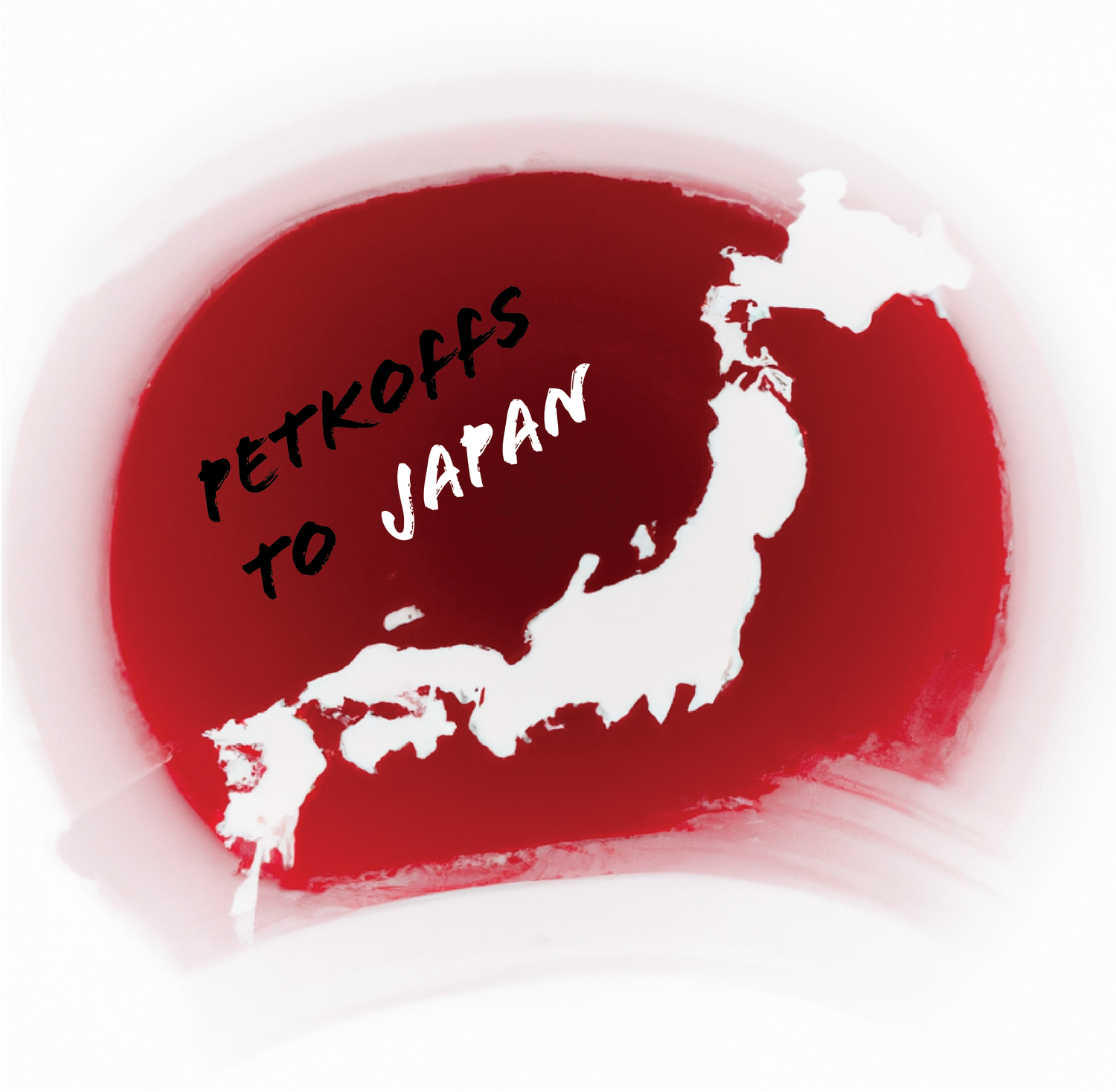Seen our ministry website at tokyoccc.com yet? That is the web portal for the community care center that we currently help run out of Tokyo. There are plenty of plans in store for this non-profit, from training care givers, offering resources to achieve better health, emergency help for those at risk of suicide, and even crisis response for disasters like 2011’s tsunami. Eventually this entity will work as a hub for both professionally trained and lay care givers to be networked and find resources to help themselves and each other!
But those aspects of T3C (Tokyo Community Care Centers) is for another day and another blog post. Right now, I am going to get into one of the first lines of defense: The restoration for mental health that we are developing currently.
Thanks (or not) to the recent COVID situation, there has been a growing trend to using a virtual means of nearly anything and everything: work, grocery, socializing, events, meals, leisure and more. I won’t go into the pro’s and con’s of this trend, but simply to enforce the idea that mental health needs to have an option in a similar means of delivery, and not just by meeting a therapist occasionally via Zoom.
This current project (codename: Echo) is meant to create a model of mental health care that is completely done inside a virtual space that is focused on some key achievements.:
Individualized for each person
Maintains a progression that can be measured and presented to users
Is completely protected and safe (no info collection or sharing)
Updatable with new content and resources as created or found
Browser based to work on mobile, computers, and simple design allowing for app development later
Abilities to be tooled for different languages and cultures
Free (in every sense of the word)
Your first question might be: But people who are suffering need help directly, they need counseling! I would whole heartedly agree. Until we have an army of caregivers, to meet the literally overwhelming need of millions of people, this simply isn’t possible, at least not yet.
But this will help to address some key issues that you might not realize:
Many people (especially shut-ins or hikikomori) are not willing or ready to see someone for help
This project creates a model where they can safely seek help on their own terms
Some people who suffer from poor mental health simply need some techniques and strategies with some guidance to help them along. They might not need more than that in the first place!
This can save not only time and money, but even shed light on things they didn’t realize they struggled with.
This “lowers” the barrier to entry.
Many great resources to better mental health and healing are locked behind so many barriers: needing textbooks to understand therapies, high costs to see professionals, time commitments in a hurried world, unregulated or verified resources.
Sadly, right now this is in the early stages, but there is enough content, a flow, and even something that looks useable! But it really needs some programming and development help which just isn’t something we really have on our team currently. Hopefully, we will get that help, even just temporarily, to help create (Let let me know if you can help!)
Peak 2000’s trendsetter, too bad the remake wasn’t so great







